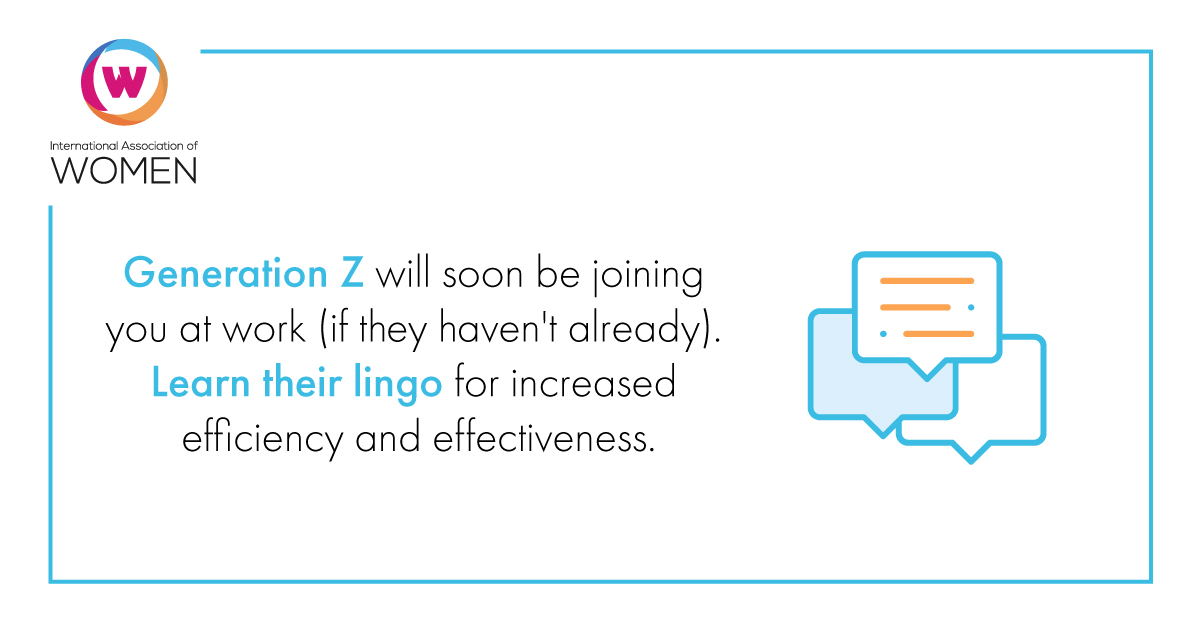It’s been a challenging year that many of us are eager to see end. But before 2021 begins, it’s important that we set goals for ourselves to help us stay motivated, focused, and productive in accomplishing our goals for the upcoming year. Goals don’t have to be singular in scope. Goals relating to your job or business, your family, and your health are all equally important and deserve some forethought. This was the topic of December’s panel-led eChapter event hosted by Michelle Burke, founder of bossibly, along with Gracie Jones (owner, Opulent Events by Gracie) and Connie Benjamin (author, “Women with Fire”). Here were some of the tips our panelist and audience shared on goal setting:
Defining Your Goals
When it comes to defining your goals, our presenters suggested that you start with your purpose. Understanding what’s important to you and what you’re meant to be doing is the first step in determining your goals. How will you know what your purpose is? Well, start by asking yourself these questions:
- What makes you come alive?
- What are your innate strengths?
- Where do you add the greatest value?
- How will you measure your life?
And if those leading questions aren’t enough to get you thinking, consider this gem from attendee Kelly Lolito, IAW membership specialist:
“When you see someone learn from your experience/mistakes and it helps them step over a stone instead of tripping, that gives you purpose.”
Finding your purpose doesn’t happen in one eChapter meeting, however. It’s something that continues to evolve throughout your life. “It’s almost like we feel we need to leap toward it [purpose] when I truly believe it doesn’t work like that,” says Connie Benjamin. “I believe it’s more of a stepping stone – one in front of the other.” With your purpose in mind, you’re likely to set goals that are easy to stick with even when you’re facing challenges.
After identifying your purpose, you can determine what goals are important for you to accomplish in the coming year. While there is no right or wrong way to set a goal, limiting your list to three to five big goals is a good way to make sure you don’t overwhelm yourself with an unrealistic amount of work. Also, your goals don’t have to be big; “small and precious goals are just as important as big and bold goals,” said Kelenda J.
A great tool for defining your goals is a vision board. A vision board is a visual representation of the things you want to accomplish in your future. We believe in the old adage out of sight, out of mind, so keeping your vision board in plain sight will increase your chances of following through on your goals. One great example from our attendees on vision board visibility is saving your vision board as your phone screen saver.
Measuring Your Success
Now that you’ve identified your purpose and defined your goals, how are you going to measure the success of those goals? That’s where SMART goals come into play. If you’ve worked in the business world for any amount of time, you’ve likely heard the term “SMART goals.” If not, SMART is an acronym that stands for Specific, Measurable, Achievable, Relevant, and Timely. Making your goals SMART takes them from abstract maybes to actionable to-do items and increases your chances of accomplishing them.
Some of our attendees suggested the following tips on making your goal setting a success:
- Host a vision board party,
- Prioritize your goals,
- Break down a big goal into smaller goals,
- Focus on one goal per quarter,
- IAW members: use the IAW Goal Setting Workbook.
Creating an Action Plan
It’s one thing to set a goal. It’s another thing entirely to follow through, which is why our panelists suggest creating an action plan to go along with your goal setting. An action plan can look different for everyone, but here are some tips on how to start:
- Create a 30-/60-/90-Day Plan: Breaking your goal in time-based segments and outlining what you will do in each phase can help create motivation.
- Accountability: Find people, groups, or systems that will help you stay accountable to your goals.
- Reassessment: It’s okay to reassess your goals if you later decide what you are doing no longer aligns with your purpose.
This all sounds great, but the reality is our lives are more hectic than ever these days and it can be challenging to figure out what to focus on when you have competing priorities. Fortunately, some of the goals we set for ourselves may actually direct us into the success of the other goals, says panelist Gracie Jones. When it comes to priorities, Michelle Burke sums it up perfectly: Look for the work that’s transformational versus the work that is transactional. Focus on how you can offload the stuff that is transactional so that you can do the work that is transformational.
With those gems in mind, you should be all set to determine your goals for 2021 and have a productive and successful year.



